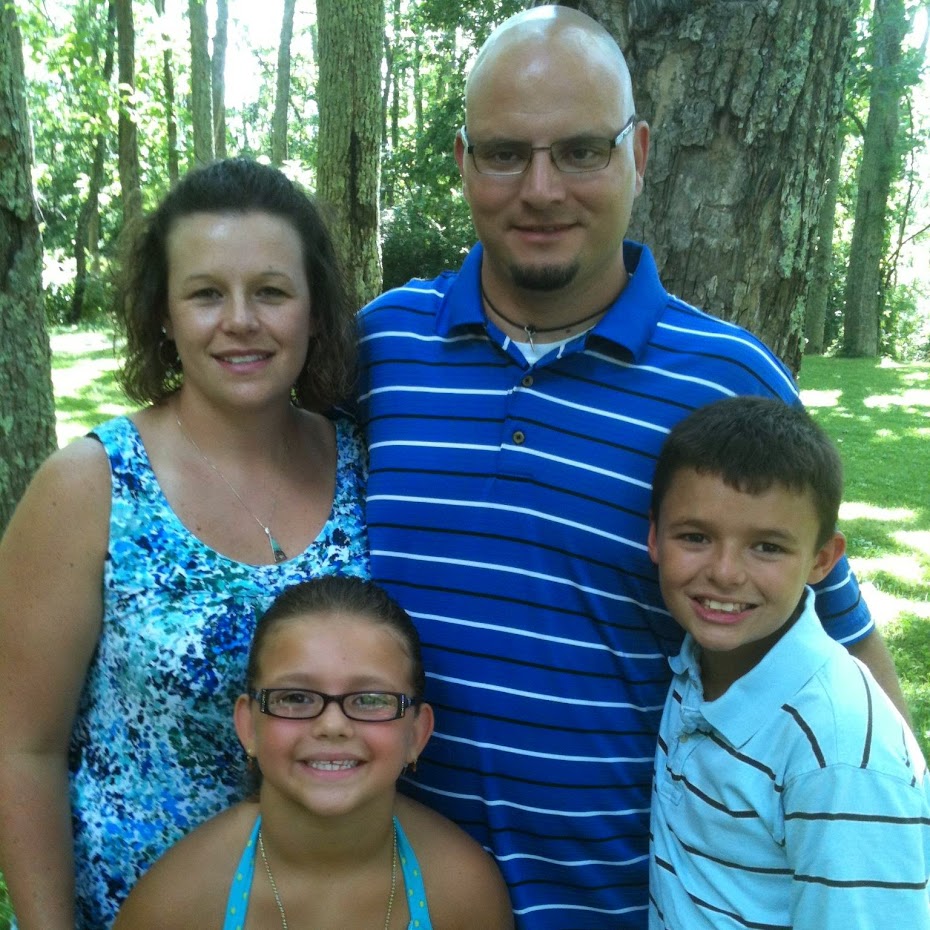If you walk outside and look around, unless your in the middle of nowhere, you are going to see at least one sign. It could be a road sign, a sign of a business or restaurant, or an advertisement. On thing that is very clear, there are signs almost everywhere. When you go on vacation, you usually follow road signs to get to where you are going. When you see the golden arches, you know exactly what the restaurant serves. You know where you are because of the sign.
John gives us his purpose statement in 20:30-31, "Now Jesus did many other signs in the presence of the disciples, which are not written in this book; but these are written so that you may believe that Jesus is the Christ, the Son of God, and that by believing you may have life in His name."
John writes about only seven signs (miracles), each one point us to who Jesus is and that believing we may life in His name. The first sign is at the beginning of chapter 2:1-11, the wedding in Cana. Let me set the scene for you, Jesus, His disciples (at least 5 at this point), and His mother, have been invited to a wedding. During the wedding celebration, the wine runs out. Mary, Jesus' mother, must have been like the wedding planner. She comes to Jesus and says, "They have no wine." Mary must believe that Jesus can fix the problem. It was a serious problem, in the First Century, weddings lasted a week or more; it was important to have plenty of food and beverages. To run out of either was a disgrace and embarrassment for the groom and his family. Jesus response seems a bit harsh: " Woman, what does that have to do with me? My hour has not come." When we looked at this passage this past Sunday, I told the students, do not try this on your Mom, your time may come sooner than you expected. Jesus reference to His mother as "Woman" was a common term in First Century and it wasn't disrespectful, and it wasn't a term of endearment.
Jesus was redefining their relationship. For many years, Mary raised Jesus as her son. Jesus is establishing distance between them. He is beginning His public ministry. He is starting His journey that will end on Calvary's cross. Just as every human being, Mary must respond to Jesus in saving faith. She must embrace Him as her personal Savior and Lord. With Jesus' statement, He seems to be reminding Mary that He is controlled by obedience to His Father and not by human wants and desires. Mary seems to understands at some level, she instructs the servants to do what Jesus says.
He points to 6 stone water pots and tell them to fill them to the brim. After doing so, Jesus tells the servants to get some and take it to the chief waiter. The Bible states, the water had become wine. The chief waiter is shocked about how good the wine tasted. He accused the groom of breaking a custom and serving the best wine last. From all indications, only the disciples and servants know what happened.
From this sign, we see Jesus' glory revealed and the disciples believed in Him. Remember John's 2-fold purpose? He wants to tell us who Jesus is and to create belief. Three things that we see from this passage:
1. Trust His provision. The text reminds us that Jesus Christ provides for our needs.
2. Believe His plan. The text shows us that Jesus was living in obedience to God's plan
3. See the power. We trust His provision and believe His plan, He allows us to witness His power.
This passage is not about the wine or to justify the consumption of alcohol beverages. The Bible is clear about abstaining from strong drink. to justify drinking alcohol from this text distorts and twists the intended meaning of this passage.



No comments:
Post a Comment